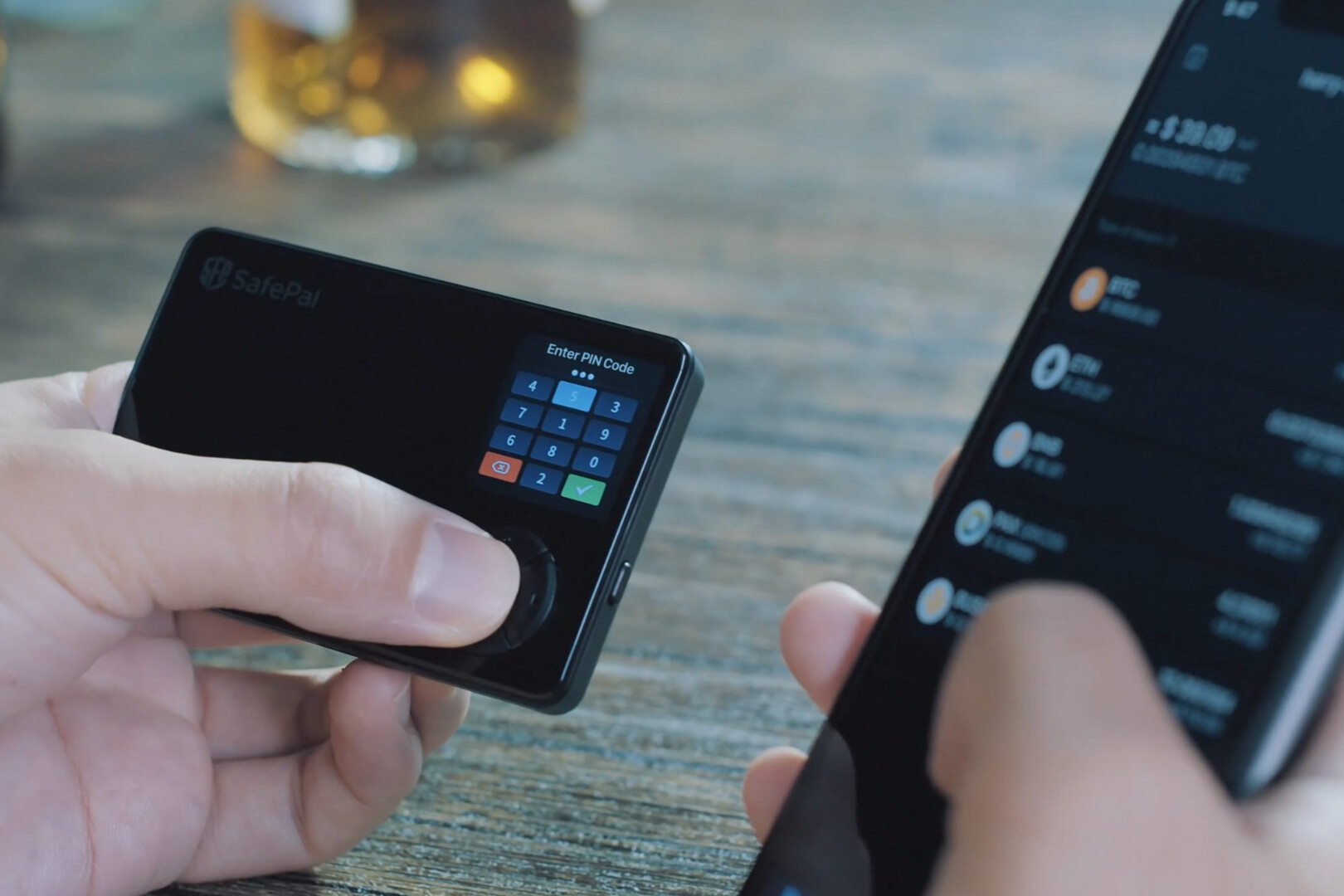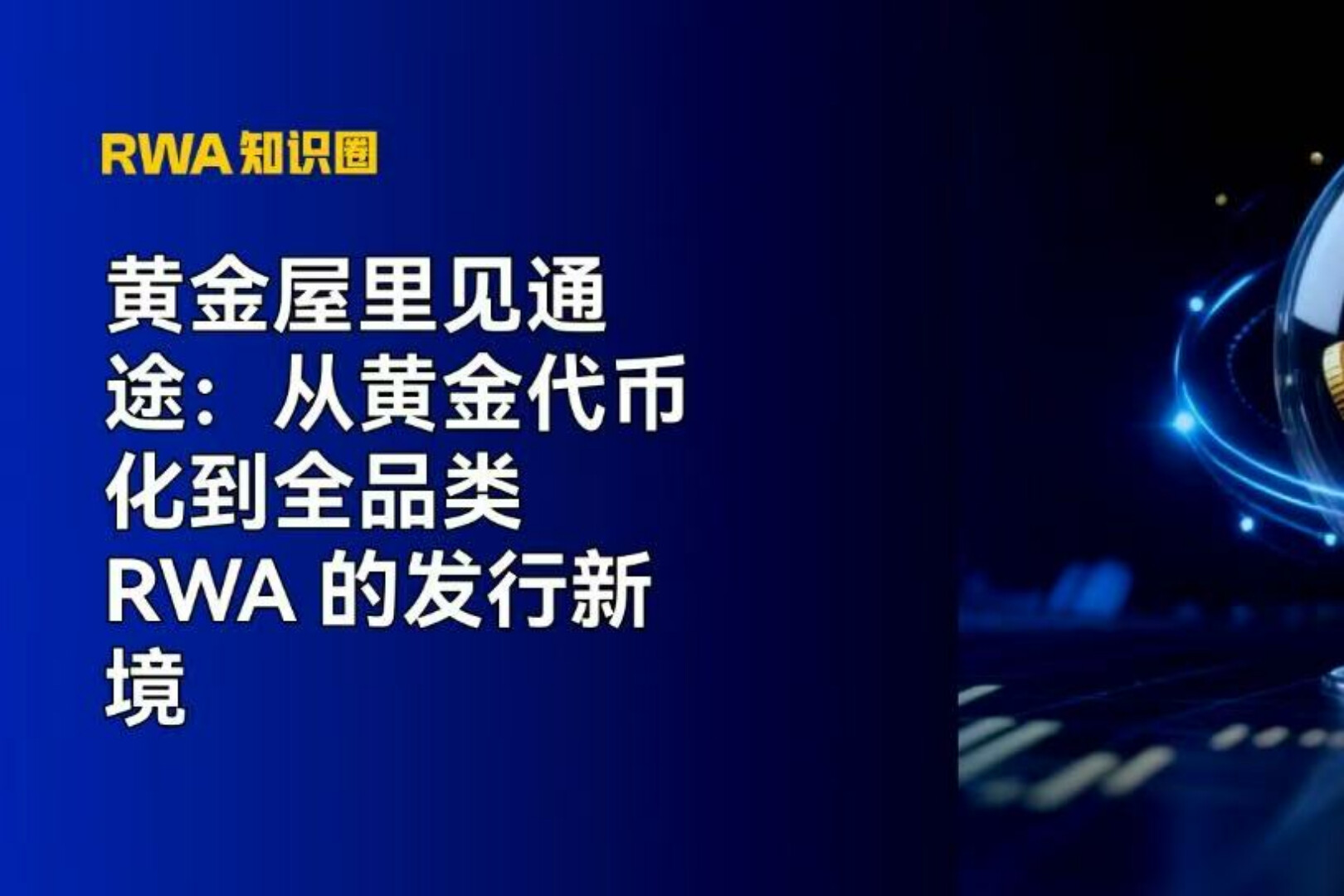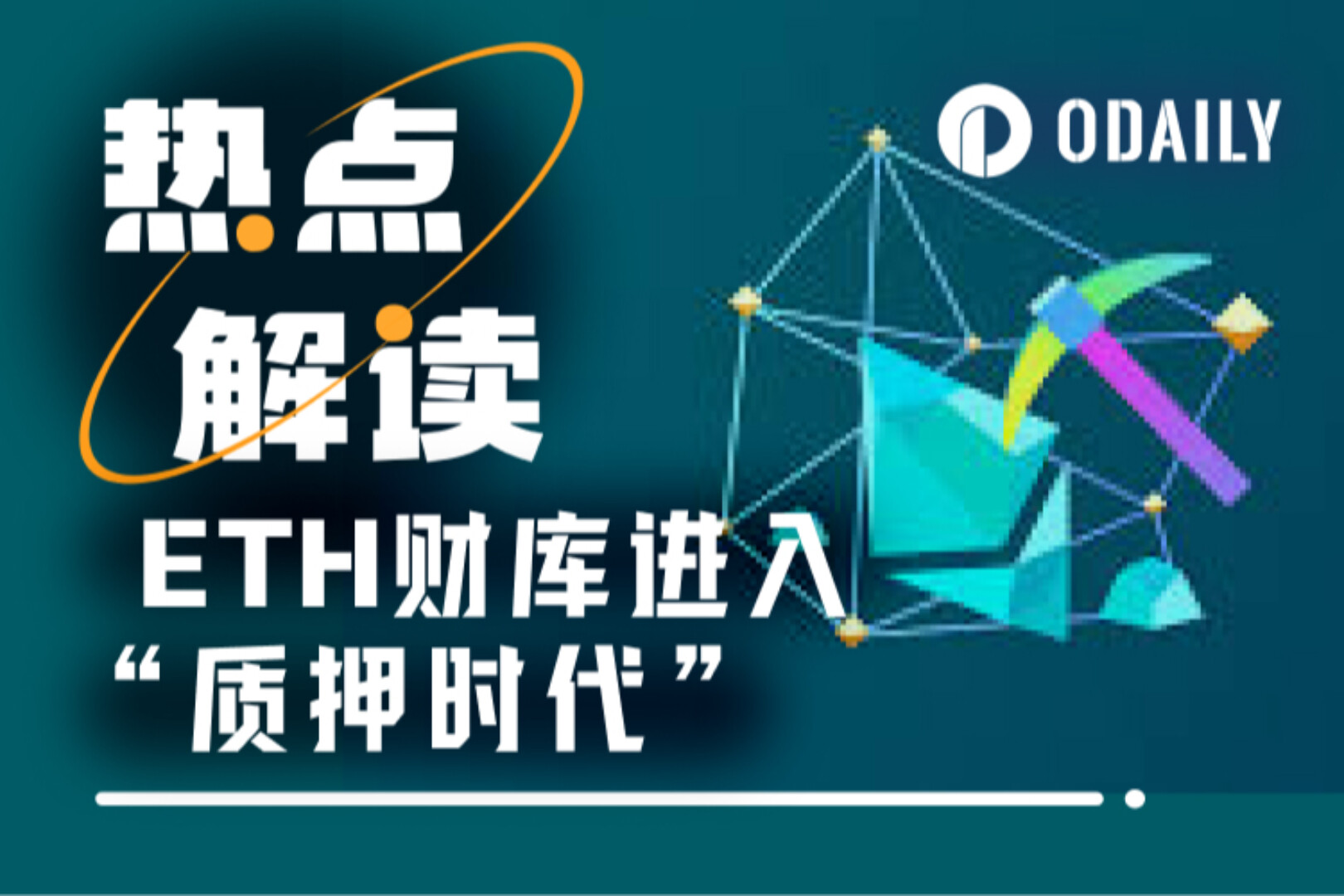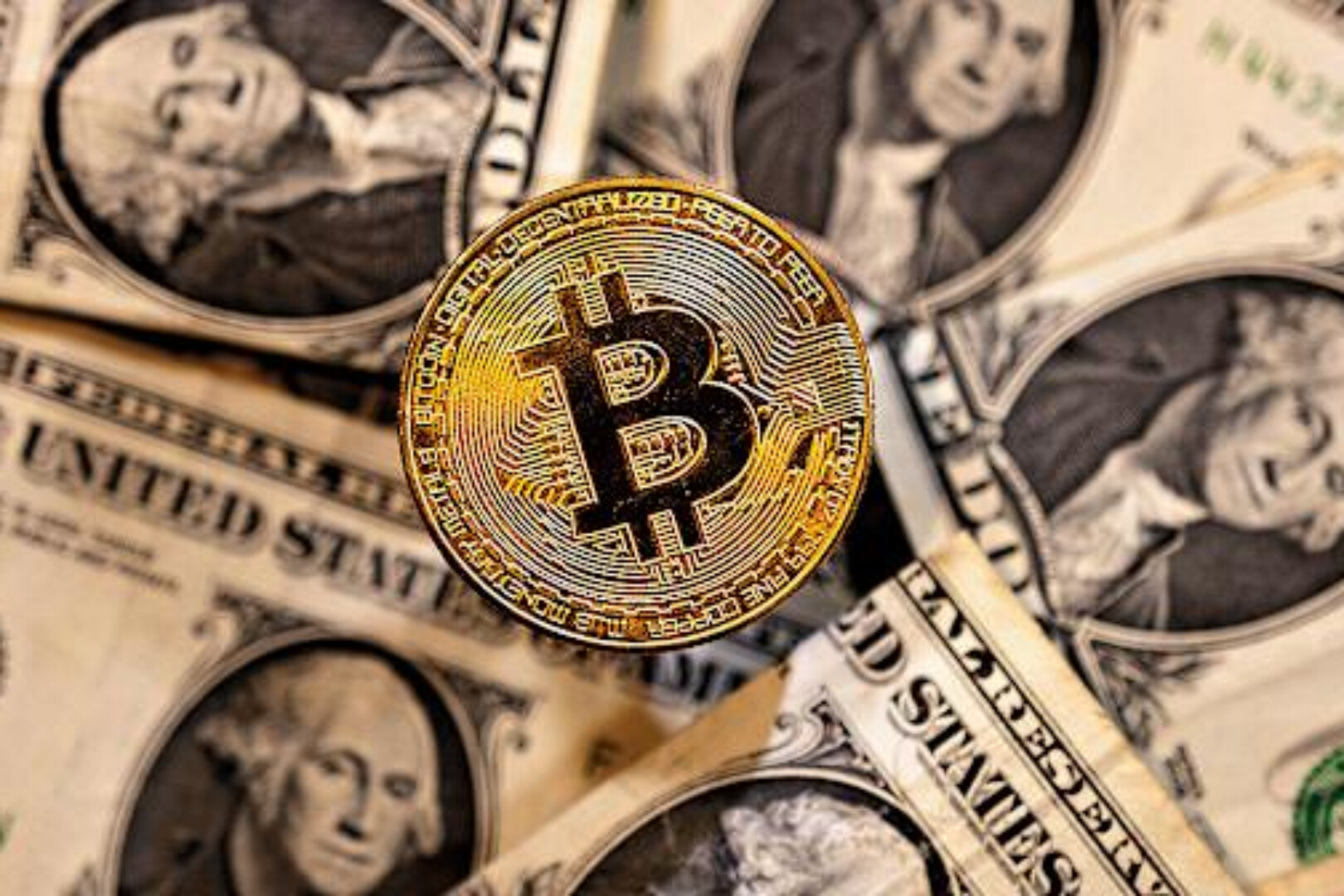Like any new idea, digital currencies are fighting an ideological battle to convince the world that they have something good to offer, bringing value to people across the globe. However, this is a two-pronged battle about convincing individuals in rich industrialized countries and individuals in emerging markets.
Much of the conversation, debate, and media coverage about digital currencies is from the perspective of people in wealthy, industrialized nations.
"I'm already using Venmo to transfer money, why should I use Bitcoin?" "The dollar will never be overinflated!" "I have real dollars, why use a stablecoin?"
Answering these questions for Westerners is something we spend a lot of time doing, and have good answers to the question of why people in rich industrialized developed countries use digital currencies. However, that's only half the story, maybe less than half. Many of the issues that first sparked debate in the West were not even thought of in emerging markets. People living in Argentina question whether they experience hyperinflation? What about Türkiye? Lebanon? Egypt? Do people in African countries question why someone might want to use a stablecoin instead of "real dollars"? Of course not, because most people cannot get US dollars. Does the idea of cheap, reliable, instant payments appeal to Venezuelans? Of course, because they can't use Venmo!
Tether Takes the Lead in Emerging Markets
Like any new idea, digital currencies are fighting an ideological battle to convince the world that they have something good to offer, bringing value to people across the globe. However, this is a two-pronged battle about convincing individuals in rich industrialized countries and individuals in emerging markets.
Answering these questions for Westerners is something we spend a lot of time doing, and have good answers to the question of why people in rich industrialized developed countries use digital currencies. However, that's only half the story, maybe less than half. Many of the issues that first sparked debate in the West were not even thought of in emerging markets. People living in Argentina question whether they experience hyperinflation? What about Türkiye? Lebanon? Egypt? Do people in African countries question why someone might want to use a stablecoin instead of "real dollars"? Of course not, because most people cannot get US dollars. Does the idea of cheap, reliable, instant payments appeal to Venezuelans? Of course, because they can't use Venmo!
When people in Lebanon need to buy groceries, they turn to Tether. When people in Turkey need to protect their savings, they turn to Tether. When people in Myanmar need to fight for democracy, they turn to Tether. When Argentina's economic stability is in doubt, people turn to Tether.
In Africa, young people looking to create a better life for themselves are often unable to pay for necessary school and work certificates because they require funds that cannot be obtained. The governments with the most volatile currencies severely restrict the use of the U.S. dollar, but Tether provides an alternative for people in these countries. USD₮ has been a lifeline for their migration to Western countries.
secondary title





